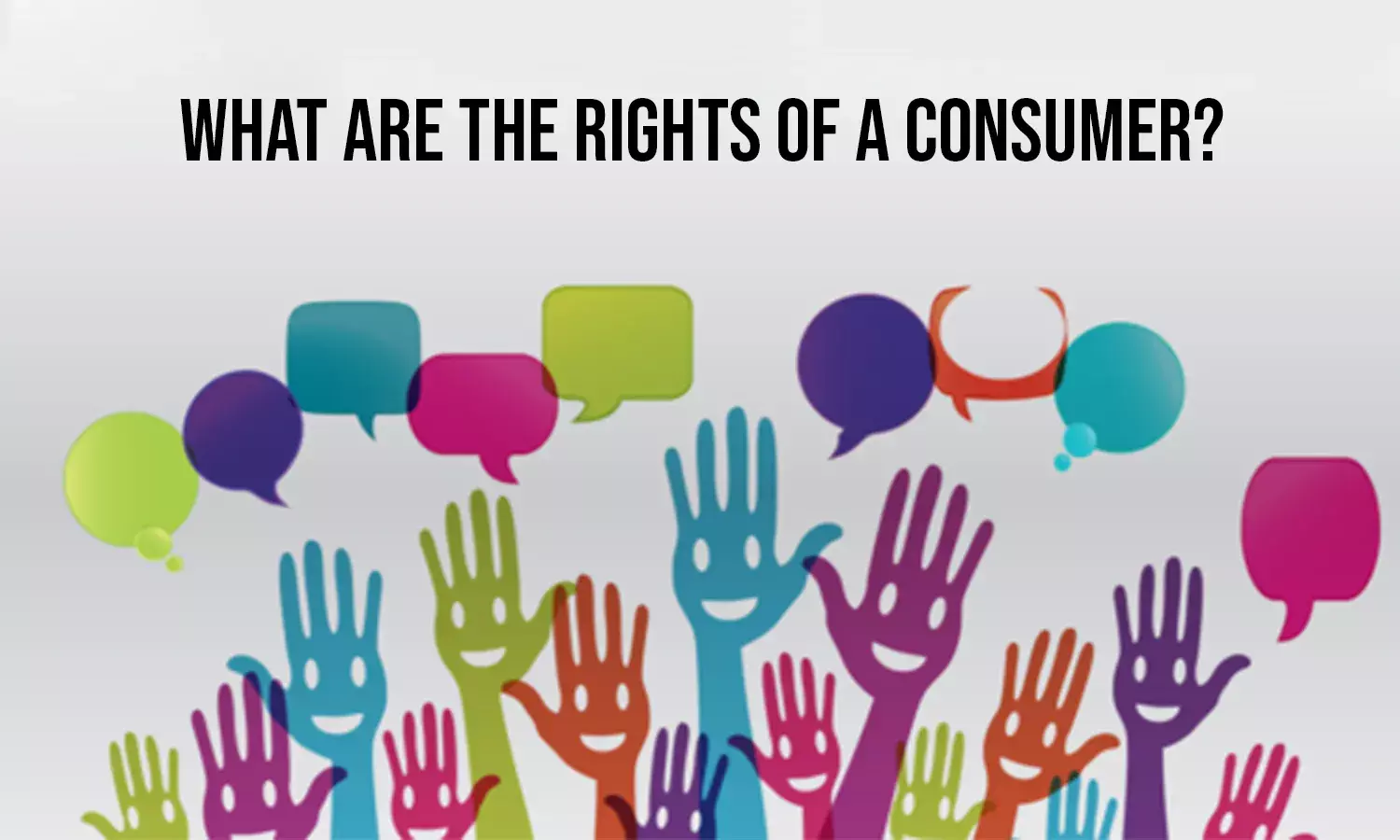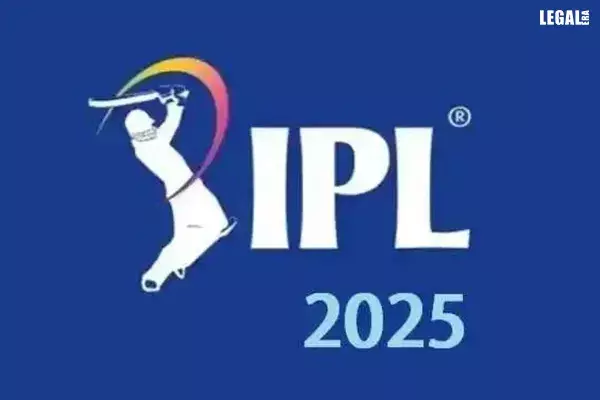What are the rights of a consumer?
The rights of a consumer is wide and well extended. The consumer is empowered by the rights under the Consumer Protection Act.;

What are the rights of a consumer? The rights of a consumer is wide and well extended. The consumer is empowered by the rights under the Consumer Protection Act. Who is a consumer? Consumer Protection Act, 1986, explains that a "consumer" means a person who buys goods or avails of any service for a consideration which has been paid or promised or partly paid and partly promised under...
What are the rights of a consumer?
The rights of a consumer is wide and well extended. The consumer is empowered by the rights under the Consumer Protection Act.
Who is a consumer?
Consumer Protection Act, 1986, explains that a "consumer" means a person who buys goods or avails of any service for a consideration which has been paid or promised or partly paid and partly promised under any system of deferred payment etc.
In other words, a consumer is a person who is buying goods or service paying the whole amount of money or Partially, subject to agreement with the seller.
What are the rights of a consumer?
As per the Consumer Protection Act, there are certain rights granted to the consumers, they are listed below:
• Right to Safety- The consumer has the right or be protected against any product which is hazardous to one's health and property. The Act prohibits the sale and marketing of any product which have not gone through a quality test and registered under appropriate authority.
A consumer must check the ISI or AGMARK etc. before buying a product.
For example, if someone tries to sell a health supplement claiming that it is good for your child's growth, check for the registrations it has from the medical board of India as well as if the product is FSSAI registered.
• Right to Choose- The consumer has the right to choose a product from a variety of goods at a competitive price. This means it is your right to get satisfactory quality goods or service at a fair price and it covers the basic goods and services.
• Right to be Informed: It is necessary that the customer must be informed about certain precautionary measures if any are required to be taken while using the goods or services.
For example, if you are buying a hand sanitiser, it must be printed in words of readable size or pictures on the container of sanitiser about the precautionary measures like it is highly inflammable.
• Right to Consumer Education- A consumer has all the rights to acquire knowledge and to be informed so that the consumers are not fooled by immoral businesses.
Therefore, the government also runs awareness campaigns through posters, banners, television and radio ads.
• Right To Be Heard- It is a right of the consumer to be heard by the competent court, in case the customer has faced a loss due to the immoral activities of the seller. This right covers both commercial and non-commercial customers.
The right of commercial customers can be explained with an example - suppose Sabbir owns a restaurant and he buys fish sauce from Abbas. Abbas sold some expired sauce to Sabbir, changing the labels, which resulted in food poison to customers of Sabbir, who consumed food containing the fish sauce. This is the harm caused to Sabbir's reputation and caused mental distress seeing his customers falling sick after eating the food at his restaurant, can file a case against Abbas.
• Right to Seek redressal- A consumer has all the right to seek redressal against unfair trade practices or unscrupulous exploitation of consumers.
It also includes the right to fair settlement of the genuine grievances of the consumer. Consumers must make a complaint about their genuine grievances.
Baglekar Akash Kumar v. More Megastore Retail Limited
The judgement of this case passed by the District Consumer Dispute Redressal Committee at Hyderabad gained wide popularity. Hearing the complaint filed dealing with a complaint filed by Baglekar Akash Kumar (21), a student, against More Megastore Retail Limited in Errumanzil, the tribunal supported the claim made by the complainant that a carry bag with the printed logo of More Megastore was charged Rs. 3 from him. The Commission noted that the carry bag with logo is using the customer as an indirect advertisement channel at the cost paid by the customer. This amounts to an unfair trade procedure.
The Commission concluded that making the customers pay for the carry bags with printed logo on them, is not legal, as they are using such customer as an unauthorised advertisement agency. However, they can charge for the carry bags which does not carry the logo.
Moreover, Akash, not only got his Rs. 3 refunded but also received a compensation of Rs. 15,000.





